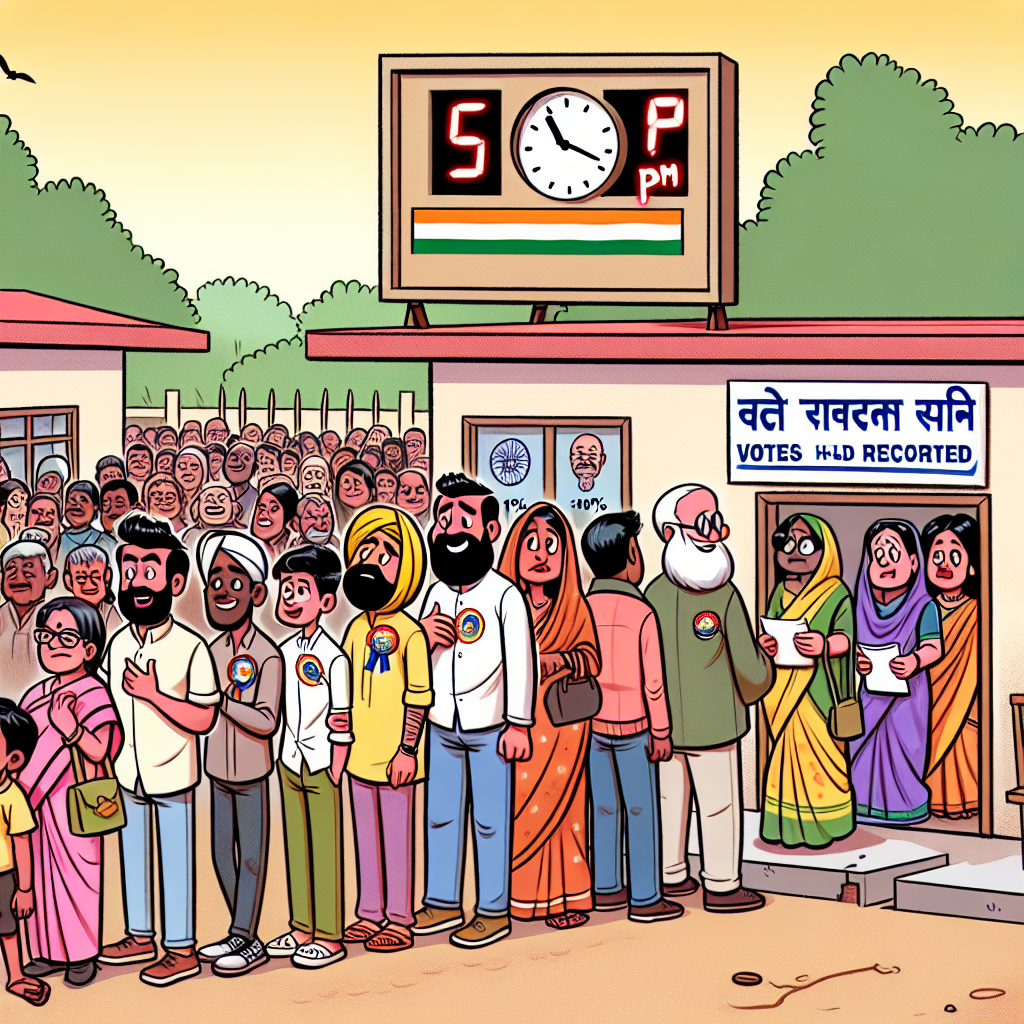Towards Unified Polls: Unpacking the 'One Nation, One Election' Bill
The 'one nation, one election' plan aims to hold simultaneous elections for Lok Sabha and state assemblies, addressing issues like cost and disruption. The proposed Constitution amendment bill seeks to insert a new article and amend three existing ones. The concept was previously implemented in the 1950s and 1960s.

- Country:
- India
The ambitious 'one nation, one election' plan has reached the legislative forefront, proposing simultaneous elections for Lok Sabha and state assemblies to mitigate electoral costs and disruptions. A new amendment bill, set to be presented in the Lok Sabha, aims to structurally realign India's election timelines.
Historically, simultaneous elections were conducted during the 1950s and 1960s. However, this practice was disrupted due to premature dissolutions of various legislative assemblies. The new bill suggests inserting Article 82A into the Constitution, altering existing Articles 83, 172, and 327 to allow collective voting schedules.
The amendment would activate upon President's notification post-Lok Sabha elections, defining a new five-year tenure. Although local body polls are excluded currently, considerations for concurrent elections extend to Union Territories like Delhi, Puducherry, and Jammu & Kashmir, aligning with the central government and state assembly polls.
(With inputs from agencies.)










